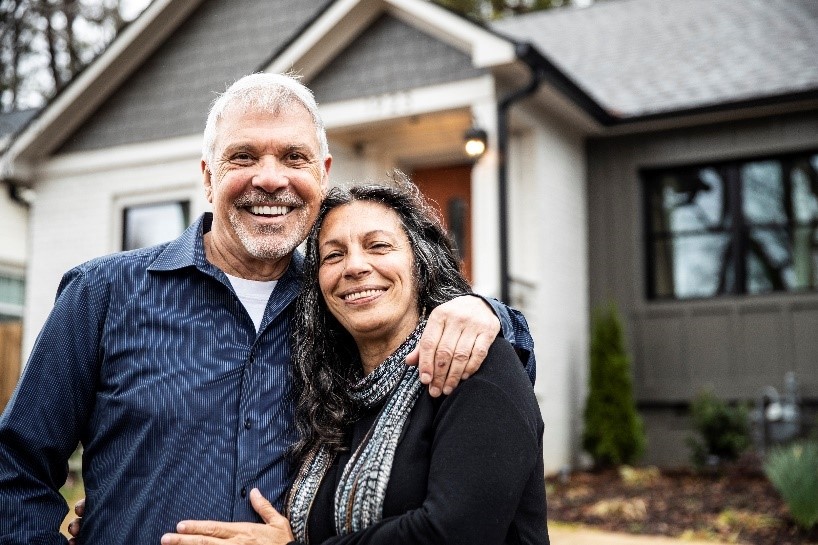Why Contracting & Relationship Building are Essential in Coaching for Lasting Health Behaviour Change
Coaching isn’t just about providing health advice—it’s about facilitating real, lasting transformation. For that to happen, two fundamental elements need to be in place: clear contracting and strong relationship-building. Without them, even the most well-intentioned coaching interventions can fall flat.

1️⃣ Contracting: Setting the Foundation for Success
In coaching, contracting refers to the mutual agreement between coach and client about how they will work together, what the expectations are, and what success looks like. This isn’t just a formality—it’s a powerful tool for ensuring clarity, alignment, and commitment.
Why Contracting is So Important in Health Coaching:
✅ Creates Clarity & Boundaries:
Without clear contracting, clients may have unrealistic expectations—expecting a quick fix rather than a gradual, sustainable shift. Contracting ensures both parties agree on what’s achievable, how progress will be measured, and what each person’s role is.
✅ Encourages Ownership & Autonomy:
Behaviour change doesn’t work if it’s coach-driven; it must be client-led. By agreeing on the process from the start, the client is actively involved in their own change rather than just being told what to do. This fosters long-term commitment and self-efficacy.
✅ Aligns Coaching to the Client’s Real Goals:
A client might say, “I want to lose weight,” but through contracting, we uncover that what they really want is more energy to keep up with their kids or better sleep to feel more focused at work. This clarity shifts the focus from a vague outcome (weight loss) to meaningful, intrinsically motivating goals.
✅ Builds a Framework for Accountability:
Contracting makes it explicit how accountability will work. Will the client check in weekly? Will there be reflections between sessions? This structure helps maintain momentum and motivation.
2️⃣ Relationship Building: The Heart of Effective Coaching
Health coaching is not just about knowledge transfer—it’s about creating a space where clients feel seen, heard, and supported in making change. The relationship between coach and client is one of the biggest predictors of successful habit formation.
Why Relationship Building is Key for Behaviour Change:
Trust Enables Honesty & Vulnerability
Many people already know what they “should” do for their health—but what stops them is emotions, past failures, self-doubt, or ingrained habits. A strong relationship allows clients to open up about the real barriers to change.
Support Reduces Resistance to Change
Behaviour change is uncomfortable. The stronger the coaching relationship, the more likely a client is to push through discomfort rather than self-sabotage or give up when challenges arise.
A Safe Space for Challenging Limiting Beliefs
A client might hold deep-seated beliefs like:
❌ “I always fail at dieting.”
❌ “I’m just not a morning person.”
❌ “I can’t be healthy because of my work schedule.”
With a strong, supportive coaching relationship, these beliefs can be gently challenged and reframed, helping the client develop a new, empowered identity.
Coaching Feels Like a Partnership, Not an Instruction Manual
People don’t like being told what to do—but they do thrive when they feel supported. Coaching that feels like a collaborative partnership rather than a one-sided prescription is far more effective in driving long-term change.
3️⃣ Coaching is More Than Just Habit Formation—It’s About the Whole Person
While frameworks like BJ Fogg’s Tiny Habits or James Clear’s Atomic Habits help with practical habit formation, lasting change happens at a deeper level.
This is where tools like Neurological Levels come into play:
- Environment: Does their workplace culture encourage unhealthy habits (e.g., biscuits at every meeting)?
- Behaviours: What automatic patterns are driving their current habits?
- Capabilities: Do they have the knowledge and resources to make changes?
- Beliefs & Values: Do they believe they are capable of being healthy, or do they see themselves as someone who “always struggles”?
- Identity: Do they see themselves as a “healthy person” or someone who is “constantly trying to get healthier”?
Understanding these deeper layers allows coaching to go beyond “eat this, not that” and truly support clients in rewiring their approach to health.
4️⃣ Why This Matters: My Approach as a Coach
Unlike traditional health advice that just tells people what to do, my coaching approach:
✅ Combines science-backed nutrition with deep coaching principles – so clients don’t just know what to do but actually do it consistently.
✅ Uses proven coaching tools – including Neurological Levels, habit psychology, and mindset shifts to tackle deeper barriers.
✅ Provides a true partnership – so clients never feel like they’re “going it alone.”
✅ Focuses on making health effortless – creating habits that feel automatic, sustainable, and personalised to real life.
Because at the end of the day, health isn’t just about knowledge—it’s about action. And action happens when there is clarity, trust, support, and the right mindset.
Final Thoughts
If you’re struggling with consistency, motivation, or making healthy habits feel sustainable, it might not be about the habit itself—but rather the support, structure, and coaching approach behind it.
When coaching is built on strong contracting and deep relationship-building, behaviour change stops feeling like a battle and becomes second nature.
Which part of your health journey do you need the most support with right now—knowledge, mindset, or consistency? Let me know in the comments!
#HealthCoaching #BehaviourChange #HealthyHabits #SustainableHealth #CoachingScience







